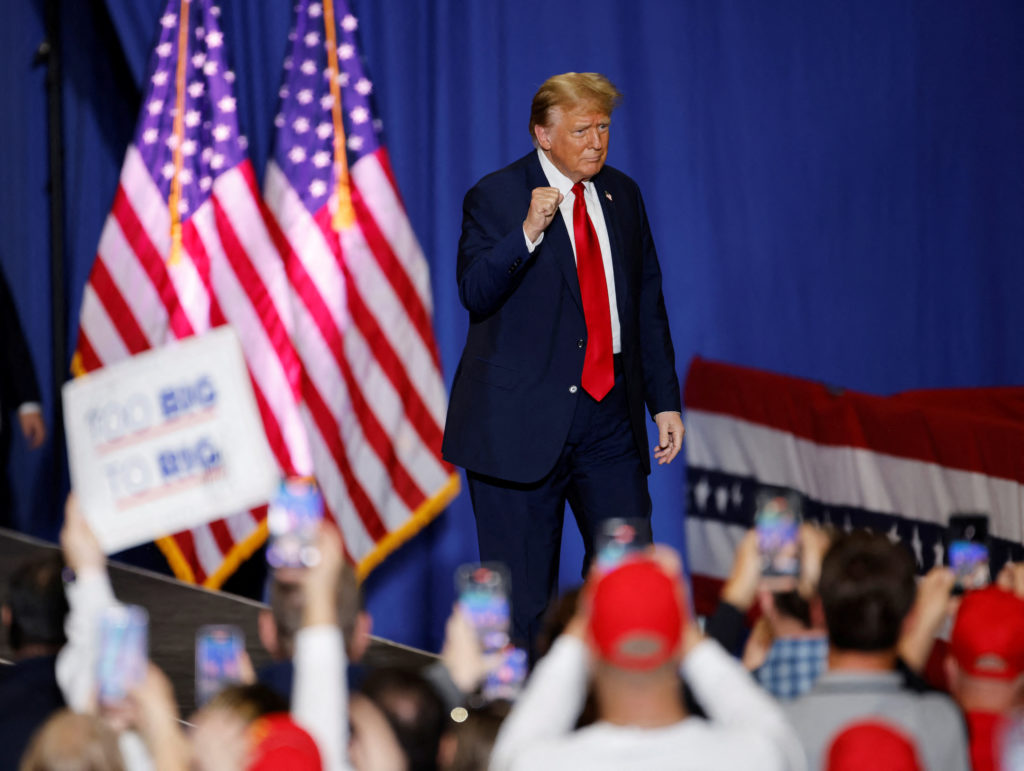Senator John Fetterman of Pennsylvania, a Democrat, recently made headlines when he publicly acknowledged that his party had misjudged President Donald Trump’s tariff policies. In a candid interview with Fox News Digital, Fetterman expressed his approval of the current state of the U.S. trade war, stating that things were “going well.” This unexpected endorsement from a Democratic senator has sparked widespread debate and divided opinions among politicians and economists alike.
“I’m a huge fan of Bill Maher…and he acknowledged it, it’s like, hey, he thought that the tariffs were going to tank the economy, and then he acknowledged that it didn’t,”
shared Fetterman. His remarks shed light on the evolving narrative surrounding Trump’s controversial trade tactics and their impact on both domestic and international markets.
As tensions continue to simmer on Capitol Hill over the administration’s trade policies, contrasting viewpoints have emerged within political circles. While Fetterman’s stance reflects a sense of optimism regarding the outcomes of the ongoing trade negotiations, other Democratic leaders remain steadfast in their criticism of Trump’s tariff approach.
Senators such as Jack Reed from Rhode Island and Chris Van Hollen from Maryland have voiced concerns about potential repercussions down the line.
“When you have across-the-board tariffs…it does operate like a national sales tax,”
remarked Van Hollen, hinting at potential price hikes for consumers in the near future.
“Donald Trump may beat his chest…but also understand that every one of those trading partners is now looking hard all around the rest of the world to find other customers”
, cautioned Massachusetts Senator Elizabeth Warren. Her apprehensions center around long-term implications for America’s standing as a reliable trade ally under Trump’s leadership.
Amidst this backdrop of conflicting opinions, Republican voices have emerged in staunch support of President Trump’s tariff strategy. Figures like Senator Ted Cruz from Texas have hailed the recent victories as pivotal achievements for American interests while challenging their Democratic counterparts to prioritize national economic prosperity over partisan divides.
The intricacies of global commerce are further underscored by Japan and European Union (EU) trade deals secured by the U.S., marking significant milestones in reshaping international economic dynamics under Trump’s administration. These agreements reflect an intricate dance between competing interests aiming at mutual gains amidst an increasingly turbulent global market landscape.
Senators such as John Kennedy from Louisiana advocate for a recalibration towards zero percent reciprocal tariffs between nations—a notion grounded in fostering fair competition and open market principles. Such aspirations highlight broader ambitions beyond short-term gains towards sustainable economic equilibrium on a global scale.
In conclusion, Senator Fetterman’s unexpected endorsement underscores the complexities underlying contemporary trade politics in an era defined by uncertainty and rapid change. With divergent perspectives shaping policy debates at every turn, only time will reveal the true impact of these decisions on our interconnected world stage.

Comments